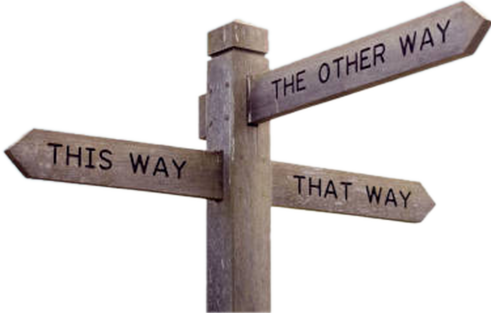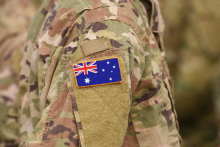Self-help
Self-help is often the first and most common choice amongst people wanting to change their gambling habits or reduce their gambling. Different strategies work for different people.

Keeping busy
Alternative activities can help to keep your mind off gambling and to keep you out of situations that make you want to gamble.
Alternative activities to gambling include:
- Focusing on work or study
- Starting a new DIY project
- Spending more time outdoors
- Spending time with mates who don’t gamble
- Video games without in-game purchases or loot boxes
- Daily activities around the house, like chores and repairs
- Revisiting old hobbies that you haven’t practised in a while
- Starting a new hobby, like gardening or playing an instrument
- Spending time in places that won’t trigger your urge to gamble
- Physical activity, like exercise or joining a local team sport or gym
- Ringing and chatting with a loved one until the urge to gamble passes.
Setting limits
Gambling limits may include:
- Setting a time limit while gambling
- Taking regular breaks while gambling
- Limiting bets to a smaller amount of money
- Setting a deposit limit for online betting accounts
- Setting a spending limit for each week or fortnight
- Setting alarms to keep track of time while gambling
- Avoiding gambling under the influence of drugs and alcohol.
Here are some more tips about setting limits to change your gambling.
Managing money
Here are some money management tactics for safer gambling:
- Set spending limits on your debit cards
- Limit the amount of cash you’re carrying
- Leave additional cards and non-essential cash at home
- Avoid gambling with a credit card, loans, or borrowed money
- Track your money by creating a budget and tracking spending
- Keep a record and know how much money you spend on gambling
- Pay bills and buy your essentials and necessities before spending anything on gambling.
Learn more about money management strategies to use when you want to change or reduce your gambling.
Using social support
Social support significantly helps individuals who want to change their gambling.
Social support may include talking to mates, your family, or your partner. It can also include being active in an online forum or joining a gambling support group.
Here is some more information about social support for gambling.
Changing thoughts and beliefs
Making changes often starts from within. Changing your thoughts and beliefs around gambling may include:
- Comparing costs and benefits of gambling
- Accepting that your gambling needs to change
- Making it a goal to change or reduce your gambling
- Thinking about better ways you could use the money
- Reminding yourself of the negative effects of gambling
- Reminding yourself of the positive effects of not gambling
- Understanding that gambling is an industry – the system is designed for you to lose money.
Focusing on health and wellbeing
Prioritising your physical and mental health and wellbeing is critical when you are trying to change your gambling.
Positive mental health practices and stress management can help you towards your goals in changing your gambling.
Learning about triggers and urges
A trigger is something that can aggravate an existing “bad” habit. Your mate inviting you to the pub may put you in an environment that makes you want to gamble. By identifying your triggers and urges, you can learn to avoid them. Learn more about managing gambling triggers and urges.
People who have successfully overcome gambling harm say they find success in using a combination of self-help strategies. Everyone is different. Finding solutions to overcoming your own gambling harm may involve finding the combination of self-help strategies that works best for you.
self-help guide
The ‘You can control your gambling’ self-help guide can be used to help identify and reduce the impact of your gambling habits in conjunction with counselling, or as a self-management tool.
Contact us
If gambling is impacting your life or a loved one's life, it's okay to reach out for help. It’s free and confidential.
Call the 24/7 Gambling Helpline on 1800 858 858
Face-to-face counselling locations




